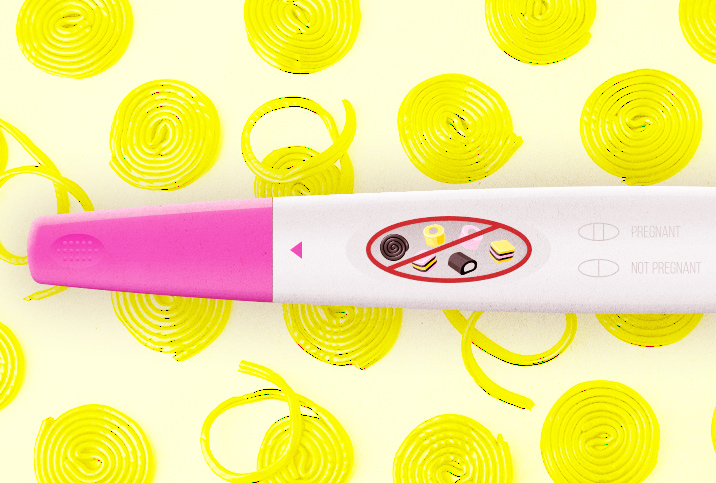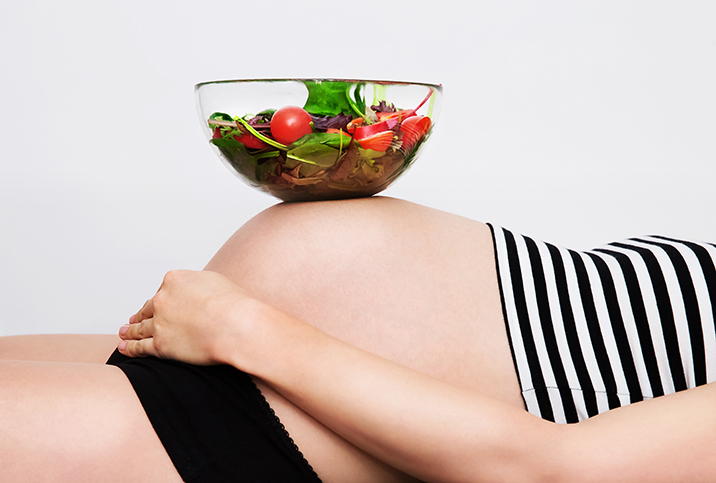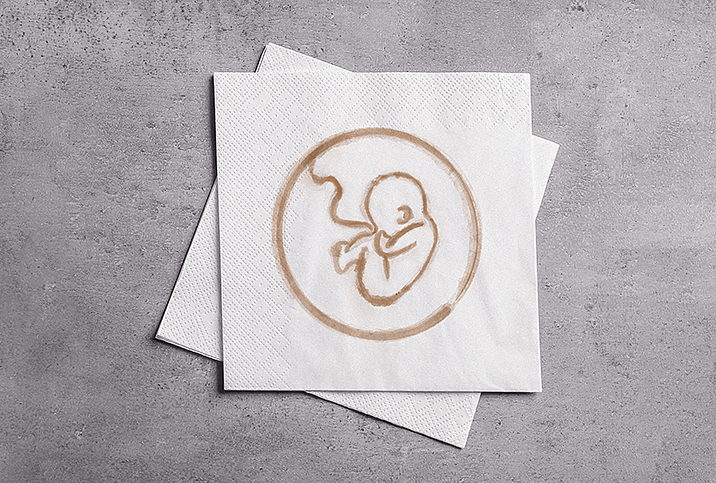Pregnant? You May Want to Drop the Licorice

Love it or hate it, licorice is one of the most popular sweets in the world. In fact, if you're from the Netherlands, you may eat up to 4 pounds of licorice a year.
But more than just a tasty treat, licorice has long been claimed to have several health benefits. Indeed, it is a crucial source of glycyrrhizin, a phytochemical that may help heal peptic ulcers, sore throats, insomnia, bacterial infections and more.
However, thanks to the same phytochemical, pregnant women may need to avoid eating too much licorice in any form throughout their pregnancy.
What the science says
Unfortunately, science doesn't sway in favor of the beloved sweet. Several studies have called out excessive licorice consumption while pregnant for its adverse effects on your child's overall health.
Lower IQ and early puberty
Consuming large amounts of licorice may be associated with issues in the cognitive development of fetuses in the womb, according to a 2017 Finnish study published in the American Journal of Epidemiology.
Both male and female children exposed to high maternal consumption of glycyrrhizin had lower scores on intelligence quotient (IQ) tests than children who did not have that exposure. Their results were up to seven points lower than those of their peers. Likewise, in these boys and girls, the odds of developing attention-deficit/hyperactivity disorder (ADHD) were more than three times higher than the children of mothers who ate little or no licorice while pregnant.
An overabundance of licorice may also lead to early puberty for girls. Girls whose mothers ate the equivalent of 500 milligrams (mg) of glycyrrhizin a week—pure licorice, as opposed to foods simply flavored with licorice extract—tended to hit puberty around the ages of 11 and 12. Researchers attributed the finding to prenatal glucocorticoid exposure, which, in turn, accelerated maturation in these children.
These girls experienced growth spurts earlier than their peers, had a higher body mass index for their age and were taller. The daughters of licorice-eating mothers also started their periods much earlier than their peers.
Daughters of mothers who consumed extreme amounts of licorice during their pregnancies also suffered more from psycho-emotional disorders, such as depression and anxiety, than girls whose mother's consumption was moderate or minimal.
Premature birth
Excessive licorice consumption may also cause premature births, research suggests. Glycyrrhizin influences the release of cortisol into the bloodstream and has been associated with shorter gestation, leading to birth well before the 37th week of pregnancy.
Researchers noted that women who consumed 500 mg or more of glycyrrhizin a week had a twofold risk of premature birth compared to their peers who ate little to no licorice during pregnancy. In addition, children born prematurely to mothers who ate a great deal of licorice weighed less at birth than full-term babies.
Other adverse effects caused by the excessive consumption of licorice during pregnancy include hypertension and hyperaldosteronism, a condition where the body's adrenal glands produce too much aldosterone. This hormone regulates the levels of blood potassium and sodium.
Is eating licorice during pregnancy a no-go?
All of this doesn't necessarily mean pregnant women can't eat licorice, but doctors advise them to err on the side of caution and consume black licorice moderately or not at all.
Recent studies flagged only large amounts of licorice being consumed as harmful, said Sarah Yamaguchi, M.D., an OB-GYN in Los Angeles.
"To first clarify, this compound is in black licorice, not the red licorice," Yamaguchi said. "So I think it should be fine in moderate consumption as only a large amount was linked and not all studies show this link."
Keep this in mind: Most licorice products manufactured in the United States and the United Kingdom are simply licorice-flavored and may contain only trace amounts of actual licorice root/glycyrrhizin. For instance, Twizzlers—the popular stick candy—is flavored with anise oil, which has a similar scent and flavor profile as licorice but causes none of the adverse effects.
Nevertheless, it is recommended that expectant mothers keep their consumption of licorice, especially black licorice, to a bare minimum.
"Pregnant people should avoid licorice completely because they do not want to take risks with their children developing problems associated with it. If you must consume, let it be in a very small amount," said Michele Blackwell, M.D., an OB-GYN in Houston.
It's better to look for alternatives for your regular pregnancy cravings, Yamaguchi said.
"You just don't want it to be your go-to snack during pregnancy," she said. "However, the occasional black licorice candy or jelly bean is not enough to harm your pregnancy, in my opinion."
If you're expecting and have enjoyed the occasional licorice fix, don't fret. As the experts said, black licorice becomes harmful only when eaten in large amounts. So if you're eating a low or moderate amount merely to satisfy your cravings, it's likely no damage has been done.


















